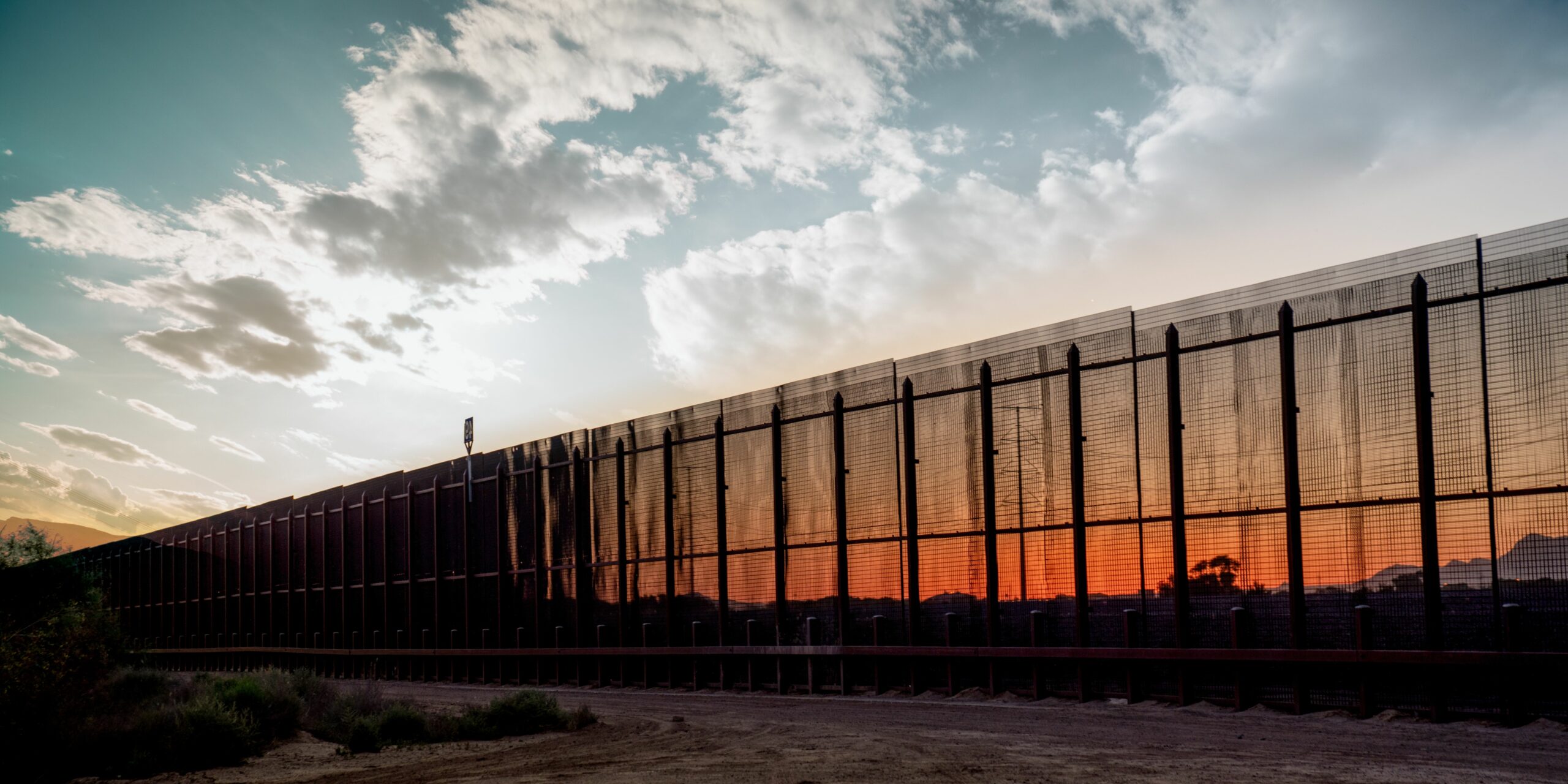Politics Fueling Texas Border Truck Inspections, County Judge Says
The politics surrounding border control in Texas have had a significant impact on truck inspections at the Texas-Mexico border. The recent suspension of commercial cargo processing at El Paso’s Bridge of the Americas has resulted in increased truck traffic at the Marcelino Serna port of entry in Tornillo. However, stringent inspections by the Texas Department of Public Safety (DPS) near the port of entry have raised concerns among local government officials. In this blog, we explore the implications of these inspections and their potential effects on cross-border trade and development.
Increased Truck Traffic Offers Promise:
Since the shift of commercial cargo processing to the Marcelino Serna port of entry, truck traffic has reached an all-time high of 700 international crossings per day. This boost in activity has generated optimism among local officials, who view the port as an opportunity for economic growth in Far East El Paso County. However, the situation has taken a downturn due to the strict inspections conducted by DPS near the port.
Stringent Inspections Cause Delays:
Trucks crossing from Mexico have been subject to extensive inspections for drugs and unauthorized migrants, resulting in significant wait times. Trucks have been idling for up to four hours on U.S. soil, causing the number of crossings to plummet to 300 per day. El Paso County Judge Ricardo Samaniego expressed disappointment, stating that the consecutive inspections undermine the capacity of the port and hinder its potential for growth.
Political Motivations:
The resumption of controversial truck inspections by the DPS appears to have political motivation. Though no drugs or migrants have been found in the trucks, inspections continue at a rate of 100%. Judge Samaniego perceives this as a result of the governor’s aggressive stance towards the region and its philosophical differences. The governor’s aim seems to be curbing illegal immigration while bypassing coordination with Mexico, which contradicts the goals of local officials.
Inefficiencies and Frustrations:
Truck drivers have expressed frustration over the lengthy waits caused by the inspections. The trucks idling in long lines raise concerns about efficiency and the impact on cross-border trade. These delays impede the flow of goods to distribution centers in the U.S., hindering industrial operations and causing inconvenience to truck drivers who rely on timely deliveries.
The Potential of the Marcelino Serna Port:
Local officials believe that the Marcelino Serna port of entry can alleviate truck traffic and pollution caused by the Bridge of the Americas in Central El Paso. By diverting trucks from the interior of Mexico to the Tornillo port, congestion within the city can be reduced. This alternative can also attract businesses and maquiladoras to consider utilizing the port to transport their goods.
Challenges to Realizing the Port’s Potential:
Despite the potential benefits, the backlog of trucks caused by the inspections raises concerns among county officials. The lack of progress observed during inspections is met with frustration and confusion. It is essential that the inspectors work efficiently and effectively to ensure a smooth flow of truck traffic and continue to foster economic development opportunities.
The political dynamics behind Texas border control have resulted in stringent inspections impacting truck traffic at the Marcelino Serna port of entry. While the increased truck traffic offers hope for economic growth, the current delays caused by extensive inspections raise concerns. It is crucial for all parties involved, including DPS and local officials, to work together to find a balanced approach that ensures security while facilitating seamless cross-border trade. The efficient management of truck inspections and clear communication between stakeholders will be essential to unlock the economic potential of the Marcelino Serna port of entry.
Original Source: https://www.ktsm.com/news/politics-fueling-texas-border-truck-inspections-county-judge-says/

Exporting to Mexico Course
This Export to Mexico Course is designed to help organizations understand the legal trade requirements of doing business in Mexico, and cultural differences, and provide an opportunity to focus on establishing/updating operations and establish internal procedures that will enable companies to practice a level of reasonable care required by both United States and Mexican governments.








